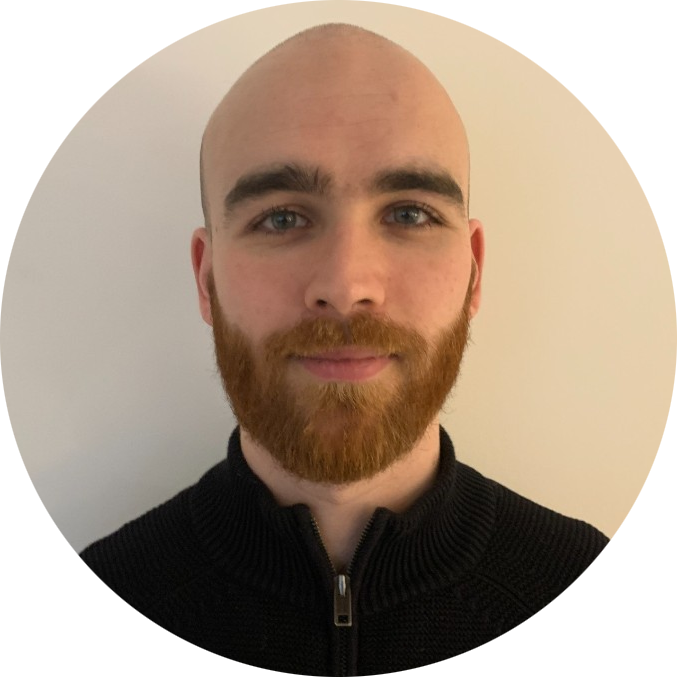Christian Fizia
Sponsorship Insight & Ops Manager
Kindred Group

The ESA Diploma is the sponsorship industry’s essential qualification and attracts students from right across the panorama of brands, rights holders and agencies. Each year the course recognises a ‘Top Student’ who achieves the highest marks and in 2023 it was Christian Fizia of Kindred Group. We asked to Christian to talk us through his experience …
What made you decide to study for the ESA Diploma?
I had been exposed to ESA Diploma seminars in a previous role back in 2018, when I worked at Sportcal, and attended as a guest member in the crowd. I really enjoyed the sessions I attended and found them to be insightful given the quality of speakers.
From then I knew I wanted to take the Diploma at some stage and 2023 was finally the year when it aligned. Ultimately, I wanted to expand my knowledge within the industry and take the opportunity to learn more about the areas I am not exposed to in my day-to-day.
What were your expectations for the course, and how did they compare to your actual experience?
The number of topics covered within the study notes and questions were wider than anticipated, which was good to see, and the notes were very extensive which was well above expectation.
When I looked at key dates for the course, I thought I was going to be left wanting more than 12 seminars, but I think that was about the right number in the end.
Having an online-only seminar course limited the networking aspect in some ways, but I was pleased that we were put into networking groups and there were dedicated social dates across the year.
What did you enjoy most about the ESA Diploma?
Peter Raymond’s dedication to making sure there were pizzas for the group at one of the socials following some logistical issues. Aside from that, the opportunity to get creative within some of the module questions.
My current role is data-heavy and insights-orientated, so I do not normally work on creative activation on a day-to-day basis. We were encouraged to build scenarios off the back of questions and some of them allowed me to address some problems with new ideas and bring some imagination to the table. One of my favourites being the question on an activation mix for a vodka brand within a non-sporting sponsorship, which I decided to match with a food festival in New York and selected Mario Carbone and Gigi Hadid as influencers.
You already work full-time in a senior sponsorship role. How did you balance work and study over the past 9 months?
From a time-management perspective I started the course very well and was ahead of schedule, taking time within my calendar to reserve slots for the Diploma. As the year progressed changes at work slowed down the Diploma work, as I’m sure it did for many, and some of the latter assignments were crammed into a shorter window than I would’ve liked or would recommend!
I think what helped me the most, particularly for the set brief, was reading the question early and creating bookmark folders for saving all the relevant news relating to specific topics. That way, when it came to writing questions, I already had a lot of research saved down which help shape my answers. With regards to the reading the Diploma study notes, the commute to and from the office was an ideal time to run through that.
How did it feel when you learned that you had not only graduated but been named Top Student?
I was delighted, of course. I felt a great sense of achievement that my hard work had paid off. I think it’s also given me that added bit of conviction in my work for future endeavours.
What would you say to anyone who asks you if they should undertake the ESA Diploma?
I would certainly recommend it. For newcomers or anyone looking to break into the industry, it will really broaden their skill set and knowledge from the get-go.
For anyone who is a bit more experienced, the course covers such a wide range of topics that there’s still a huge amount to be gained from taking the course.
I would also highly recommend The Sponsorship Handbook, written by Pippa Collett and William Fenton, which Peter offered to students for a discounted price at the start of the course. That was an invaluable resource as a basis for many questions.
